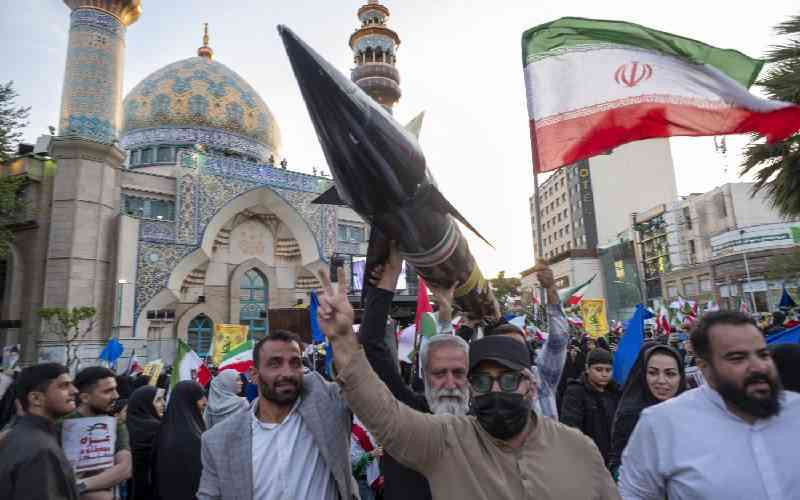Not all oil giants are created equal, as struggling Venezuela, Nigeria, Iran and Russia are painfully aware in the wake of OPEC’s divisive decision to maintain production levels.
Last week’s decision to keep output at 30 million barrels a day has sent oil prices tumbling to five-year lows and split the 12-country cartel and other key producers between haves and have-nots. While well-heeled OPEC members are playing a long game to protect their market share in the face of a US shale oil onslaught, their poor cousins are desperate for prices to rise so they can balance their books and salvage their teetering economies.
Unlike the Gulf states that rejected turning down the taps, these countries generally do not have sovereign wealth funds to smooth over price fluctuations and have built their government budgets around a price scenario that is now radically out of sync with reality.
PRICE STORM
OPEC’s decision “increases the chance of unrest in member countries without sufficient financial reserves to weather the price storm,” said James Williams, an energy economist at consultancy WRTG Economics.
Many of these countries need prices of more than $100 a barrel for their national budgets to break even. But crude prices are currently hovering around $70 a barrel in New York and London. The pain is especially acute for Venezuela.
The South American country holds the world’s largest proven crude reserves but is the most fragile of the oil giants. On Friday, President Nicolas Maduro announced painful budget cuts in the aftermath of the OPEC decision.
“This is clearly a disaster for Venezuela with currency reserves too low to weather anything below $90 per barrel for more than a few months,” said Williams. Venezuela relies overwhelmingly on oil revenues, which account for 96 percent of its foreign reserves, and the slide in prices is bad news for a country that was already struggling to balance its books.
“The fall in oil prices pushes Venezuela even closer to default. Given that the government has nothing in the way of savings from the oil price boom of the past, the loss of oil revenues will wipe out whatever foreign currency the government has,” said David Rees, an analyst at Capital Economics.
The oil price pain could rekindle the violent protests that gripped the country in the first half of the year, analysts warned. “Venezuela is the weakest link in the chain. The likelihood of civil unrest in the country,” said Oliver Jacob, analyst at Petromatrix. Nigeria, whose oil wealth has made it Africa’s largest economy, is also stuck in a predicament.
“The government has taken some panicky measures including massive devaluation of the naira,” a tool also used in Venezuela, said Peter Ozo-Eson, secretary general of Nigeria Labour Congress.
 The Standard Group Plc is a
multi-media organization with investments in media platforms spanning newspaper
print operations, television, radio broadcasting, digital and online services. The
Standard Group is recognized as a leading multi-media house in Kenya with a key
influence in matters of national and international interest.
The Standard Group Plc is a
multi-media organization with investments in media platforms spanning newspaper
print operations, television, radio broadcasting, digital and online services. The
Standard Group is recognized as a leading multi-media house in Kenya with a key
influence in matters of national and international interest.
 The Standard Group Plc is a
multi-media organization with investments in media platforms spanning newspaper
print operations, television, radio broadcasting, digital and online services. The
Standard Group is recognized as a leading multi-media house in Kenya with a key
influence in matters of national and international interest.
The Standard Group Plc is a
multi-media organization with investments in media platforms spanning newspaper
print operations, television, radio broadcasting, digital and online services. The
Standard Group is recognized as a leading multi-media house in Kenya with a key
influence in matters of national and international interest.








